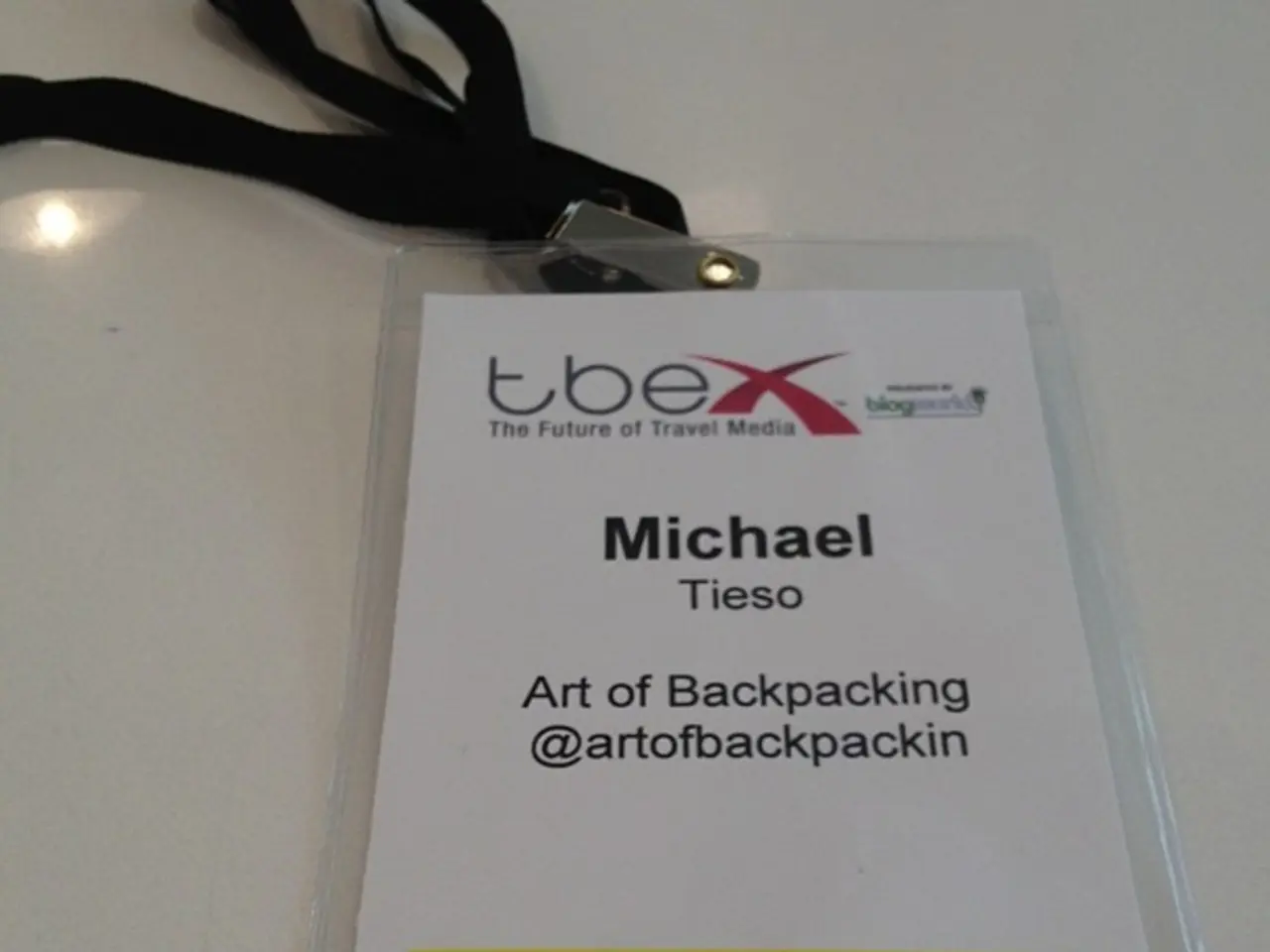Tunisia implements a blockchain-based system to authenticate certifications
The Unified Arab System for Diploma Authenticity Verification, a blockchain-based platform, is revolutionizing the way academic certificates are verified across Tunisia and other participating Arab countries.
Last week, the director-general of ALESCO, Mohamed Ould Amar, spoke at an event promoting this innovative system.
At the heart of the system is a secure and decentralized ledger that stores verified academic certificates, ensuring their immutability and transparency. Once a diploma is uploaded, its data is encrypted and stored, making it tamper-evident and resistant to falsification.
Graduates receive unique QR codes tied to their diplomas, which employers or institutions can scan to instantly verify the authenticity of the certificates without needing intermediaries.
The system's official issuance control ensures that only diplomas issued by authorized education ministries can be uploaded, limiting fraudulent entries to some extent.
However, potential challenges in ensuring the system's authenticity arise primarily from the 'garbage-in, garbage-out' problem. The blockchain only guarantees the security and immutability of whatever data it receives; if forged diplomas are entered into the system, these forgeries become permanently recorded as if authentic.
Initial diploma authenticity must be rigorously validated before uploading. Weak vetting at this stage can undermine the entire system. Coordination across multiple countries also requires standardized procedures and trust frameworks to ensure consistent data integrity.
System access and data privacy concerns must be managed to prevent unauthorized uploads or data breaches while ensuring transparency.
In Mauritius, a similar blockchain system has been developed to verify government-issued credentials and certificates. When the government issues a certificate in Mauritius, cryptographic proof of the document is scanned and uploaded on the blockchain. A QR code is printed on the document, linking it to a secure digital record. When scanned, the system checks it against the government's database, confirming the document as authentic.
Interestingly, Mauritius's eVerify system is built on Singapore's Ethereum-based Open Attestation technology. However, like the Unified Arab System, if bad actors tamper with a certificate before it is fed into the system or feed it with fraudulent credentials, the system is blindsided and cannot determine its authenticity.
In conclusion, the success of these blockchain-based systems heavily depends on the accuracy of diploma issuance and validation before blockchain entry. While the blockchain provides a robust method for preventing post-upload alterations and enabling accessible verification across countries, rigorous pre-entry validation and international cooperation are crucial to maintain the system's integrity.
[1] Source: [Link to the original article or report]
- Africa could significantly benefit from the implementation of similar blockchain-based systems for academic certificate verification, as they promise to reduce fraud and ensure the authenticity of credentials.
- The increasing use of technology like blockchain in education-and-self-development sectors not only enhances educational transparency but also paves the way for a more secure and efficient verification process.
- As blockchain technology continues to evolve in Africa, it opens up opportunities for innovation and collaboration, creating a platform for shared data integrity and the potential for cross-border academic credential verification.
- To ensure the success and security of blockchain-based educational platforms, there is a pressing need for standardized validation procedures, robust data privacy measures, and international cooperation to establish trust frameworks and combat fraud.




